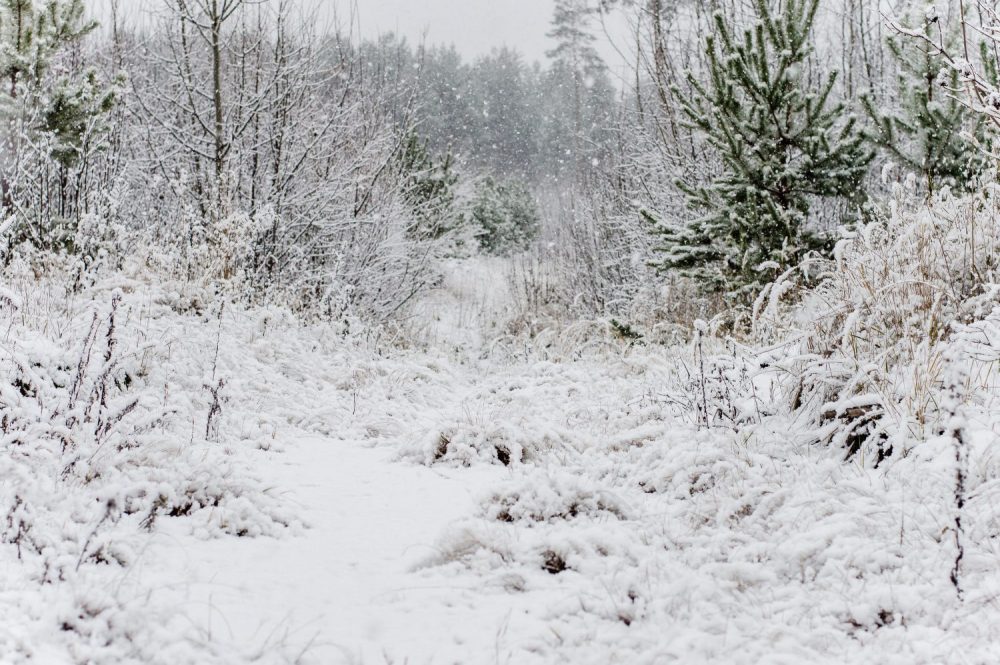If you’re a native New Englander, you’ve probably experienced a few wild storms in your life – snow, wind, ice – you name it. But if you’ve got a vacation home at Sunday River and you’re unfamiliar with New England weather, it’s probably a good idea to do some research on how to best prepare your home to withstand what Mother Nature throws at it. Here is Sunday River Real Estate’s best advice on what to do before, during, and after a major weather event.
Before
Repair Any Damage Beforehand
It helps to stay on top of house repairs so you can protect your home from major damage during storms. Regularly clean out gutters, repair roofing, and inspect your pipes.
Maintain the Greenery and Trim the Trees
Another form of upkeep that will protect you from damage – keeping the greenery trimmed on your property, especially trees, will save you from major damage costs.
Invest in a Generator
You will thank us later on this one! Investing in a generator for when the power inevitably goes out is crucial to getting through a storm. Often power cannot be restored as quickly as we would like during wind or snowstorms because conditions are too dangerous for operators to go out and fix the problem. Having a generator around will make the time without power much more bearable. You can look into a smaller, portable generator, or invest in an installed system that powers on automatically.
Flashlights & Batteries
Again relating to power outages, keeping a few high-power flashlights around will save you when the power suddenly flicks off at night. To avoid roaming around your house in the dark, make sure to keep extra batteries around, too.
Prep a Storm Kit
Keeping a box stocked with storm “essentials” – water bottles, canned food, snacks, and warm blankets – is one of the smartest choices you could make. If you have little ones in your life, keep some kid-friendly board games or toys around for entertainment when their tablets or video game systems run out of power!
During
Appoint a Trusted Caretaker
If you aren’t at your vacation home during a storm, have a friend or trusted neighbor check on your property for you. Ask them to unplug all electronics and shut off the water to avoid any mishaps that will need to be taken care of later.
Monitor Water & Heat
When the electricity shuts off, water will expand as the temperature drops. Try to keep your pipes covered with foam or towels to avoid any frozen or exploding pipes, or empty them out until the power returns. If you’re on town or city water at your primary residence, but have a well at your vacation home, make sure that you do not leave a faucet dripping so you don’t damage your pump. You can also block the heat from escaping your home by using wrapped up towels or rugs under windows or doors to slow down the moving air.
After
Check on Your Neighbors
Make sure to check in with your neighbors after the worst of the storm has rolled through, especially any elderly folks who may be living alone. When you have a vacation home in an area, you become a part of the community, and community checks up on one another.
Assess the Damage
As soon as you can, go out to see if your property has sustained any damage during the storm. The faster you can fix things up, the better; this will help you prepare for any other storms that come your way. Searching local Facebook groups, like Team Bethel, is a great way to get tips on what contractors are available in the area for these types of services, too.
Re-stock Your Storm Kit
You never know when the next storm will come around! Once you’ve taken care of all immediate damage on the house, go out as soon as you can to re-stock whatever supplies ran out, like water, batteries, etc. Your future self will thank you.


